203
What safety rules should be instilled in the child
Unfortunately, even after many stories about search for missing children The kids didn't stop disappearing. Publications with the inscription “Missing child” regularly appear in social networks and every time cause great anxiety in the soul.
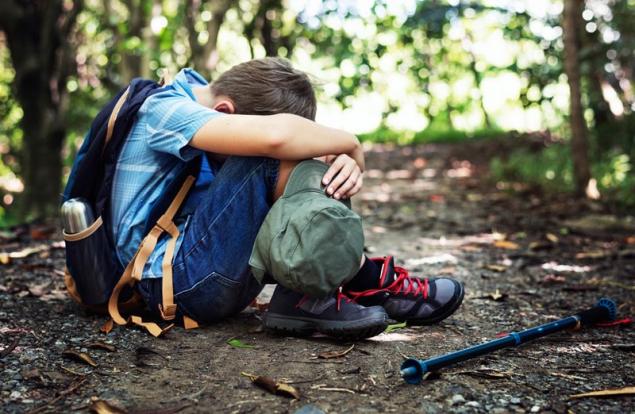
The safety of children can be lost by any child. The best and most loving parents. When parents face trouble, they often panic and don’t know how to act.
And all because in real life, everything is not like in the movies: there are no brilliant detectives, the police are in no hurry to help with flashing lights, and advises “wait for three days.” In addition, people in uniform, to which the child can turn, may not be at all.
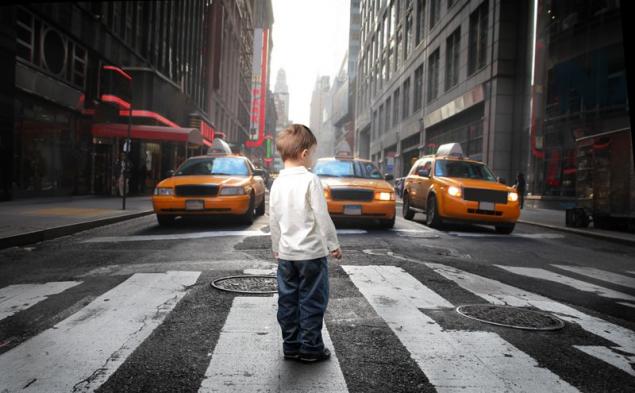
Today. "Site" He wants to remind his parents how to speak correctly. safety. The trouble can affect everyone.
Which children are lost more often? How to act as parents and How to organize a search? How do you talk to your kids about what to do if you’re lost? Before you. algorithm in a difficult situation.
What a child should know: Every child over two to three years old should know his nameName, address, phone number of parents. If the child does not speak well, parents should make a note with this information (plus the phone number of the parents) and whenever going for a walk or in a crowded place, put a note in the child’s pocket.
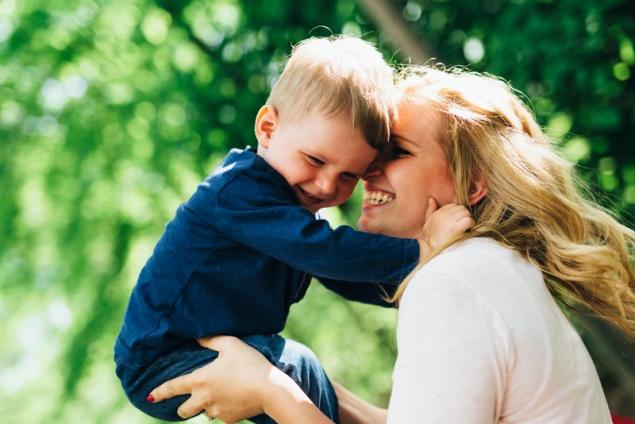
From time to time, give your child an exam to test this knowledge, play a possible situation, play detective.
Teach your child to use a regular phone. In the city, show me how to call you from the city pay phone. In addition to the parent number, the child must know the emergency number 112.
If a child is lost in the city Explain to the child: as soon as he realizes that he is lost (in the store, library, on the street), the first rule is: stay! Do not go anywhere, do not look for parents. The algorithm is as follows.
Instruction for the child
Most often, children are lost accidentally during trips to nature. You can minimize the risks if the child is properly assembled.
Preparing for a hike in nature
What should parents do if a child is missing? Repeat situations with your child when he or she is lost in a particular place to make sure that he or she remembers how to act. Never. Don't scare the kids with the police. In a critical situation, he will be confused and will not know who to turn to.
Talk to your child in advance that even if he gets lost, no adult will scold him. It can happen to anyone.
Instructions for parents
What kids are leaving home? According to statistics, children leave families more often. And leaving for two reasons. First, this is how the child tries. draw attentionAvoid conflict or prove something to your parents.
The second reason is the excessive demands on the child. He is constantly told “you should”, “should be even better”, “even stronger”, “more intelligent”.
There are children for whom running away from home is a kind of way to get thrills, learn something new. If you run away once, you will run away again.

Parents are often neglected safety equipment for childrenNaively believing that this would not happen to them. Our children are the most precious thing we have. Do not neglect these rules, they will help protect a child of any age from the most common disasters.
All these tips can save your family and even save your children’s lives. However, for the first time sending children somewhere alone, tell them about safety carefully, do not overly intimidate them.
May our children never be lost! Do not forget to share useful information with other parents: this may save them from terrible trouble.

The safety of children can be lost by any child. The best and most loving parents. When parents face trouble, they often panic and don’t know how to act.
And all because in real life, everything is not like in the movies: there are no brilliant detectives, the police are in no hurry to help with flashing lights, and advises “wait for three days.” In addition, people in uniform, to which the child can turn, may not be at all.

Today. "Site" He wants to remind his parents how to speak correctly. safety. The trouble can affect everyone.
Which children are lost more often? How to act as parents and How to organize a search? How do you talk to your kids about what to do if you’re lost? Before you. algorithm in a difficult situation.
What a child should know: Every child over two to three years old should know his nameName, address, phone number of parents. If the child does not speak well, parents should make a note with this information (plus the phone number of the parents) and whenever going for a walk or in a crowded place, put a note in the child’s pocket.

From time to time, give your child an exam to test this knowledge, play a possible situation, play detective.
Teach your child to use a regular phone. In the city, show me how to call you from the city pay phone. In addition to the parent number, the child must know the emergency number 112.
If a child is lost in the city Explain to the child: as soon as he realizes that he is lost (in the store, library, on the street), the first rule is: stay! Do not go anywhere, do not look for parents. The algorithm is as follows.
Instruction for the child
- Stand right there!
First of all, you need to stop, look around. If there are no parents or people with whom the child came, call them loudly. Very loud! This is the case when it is possible and necessary. Rehearse this situation with children in the forest, shout together or buy a whistle specifically for emergencies.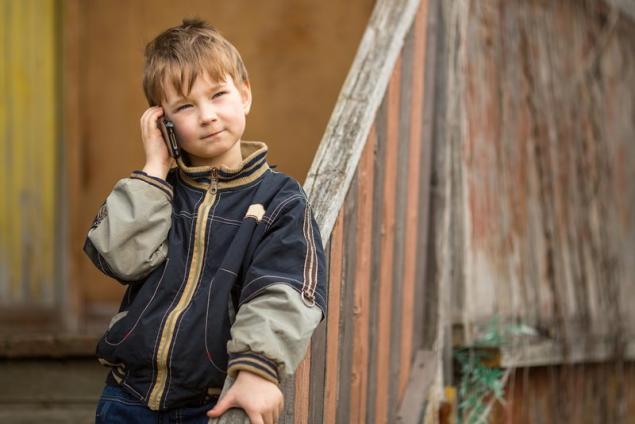
- Who can I turn to for help?
It could be. Only three categories of people: police, employee in branded clothes (seller, security guard, station guard), the nearest person with a child, preferably a woman. - How do you ask a stranger for help?
It's easy with a cop. He will ask and call his parents. He can be trusted: it is his job to help children in these situations. Explain to the child: if he turned to an unfamiliar adult, he should still stay in place, no matter what he suggested. We need to be alert. In any case, you can not go with a stranger, even if he promises that he will take to his mother, especially if he says that his mother personally asked to be brought to her.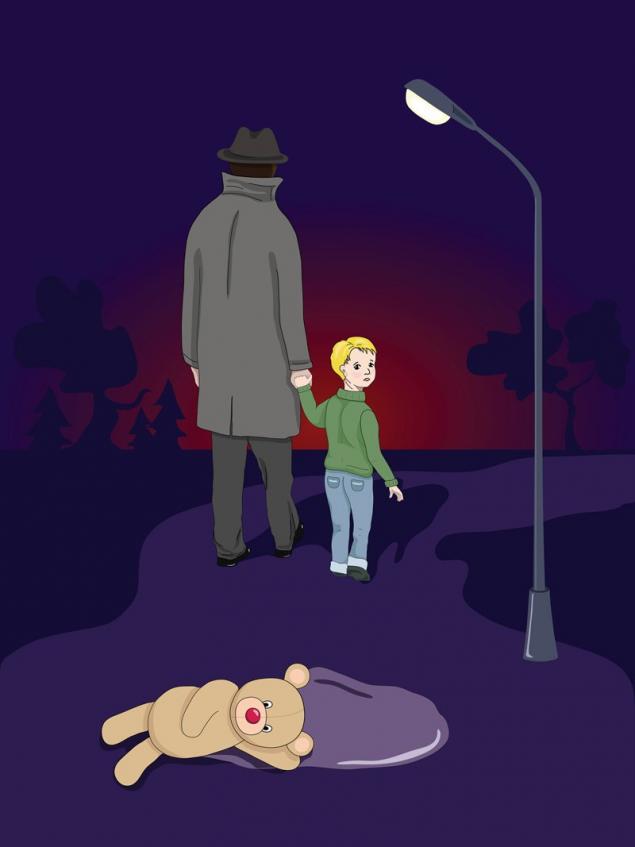
- Password for emergencies. Think of it with a baby. password A word or two that only you know. Explain that if a mom or dad sends a stranger for a baby, he will definitely know the name of the child, the name of his parents and the password! Otherwise, going with this person is forbidden!
If a stranger suddenly begins to drag a child with him, let him scream so that everyone will hear. Possible phrases: “Help! I don't know that to my uncle! I'm not going anywhere! I'll wait for Mom and Dad! You can sit down or lie down on the ground and loudly call your parents.
- What to do if you get lost in transport?
If the child left by transport, and the parents (accompanying) remained at the stop, he should go to the next station and, remaining on the platform (stop), wait, do not go anywhere, knowing that loved ones will arrive by the first transport. If it turned out the opposite and the parents left, then the main rule of the lost one is included: stay And don't go anywhere, don't run, don't come home. If parents do not return for a long time, ask for help.
Most often, children are lost accidentally during trips to nature. You can minimize the risks if the child is properly assembled.
Preparing for a hike in nature
- Dress the child and yourself in bright clothes. Don't wear camouflage or khaki clothes! It complicates the search.
- In the pocket of the jacket or backpack should be a mobile phone for communication. Teach them how to use it, and explain that it's an emergency phone, you don't have to play it and drain the battery. If the hike is designed for more than 6 hours, take the cord and mobile battery to the phone.
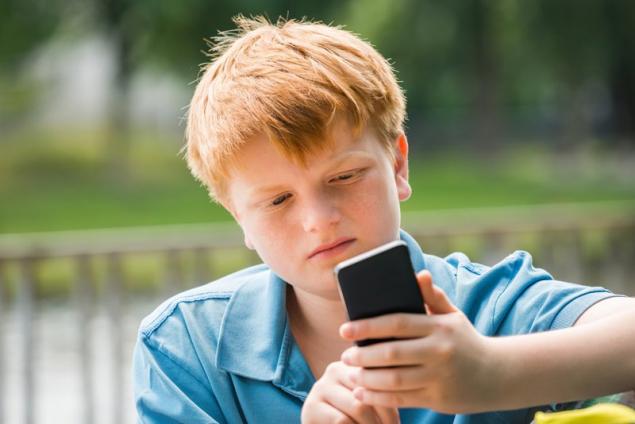
- A child should have a whistle around his neck. Hearing a whistle is much easier than a human scream.
- In the backpack, the child should have a bottle of water and a chocolate bar.
- First action, if the child is lostAlways stay in place. The next thing is to scream, whistle, bang a stick on a tree, and listen if they're coming back.
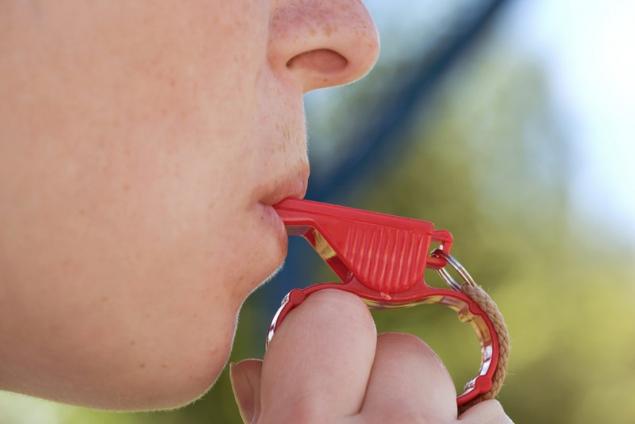
- Approaching water, swamp, any thickets is forbidden! You can't, period.
- You can't sleep in the forest. Children sleep very soundly, and it is almost impossible to cry to a sleeping child and notice him lying down. You have to do anything but not sleep.
- Don't scare the baby in advance. Tell him about forest sounds, which are mysterious but safe. Forest dwellers will not attack for nothing. But to scare them away, you have to clap your hands, shout, beat a stick on a tree.

- You can not touch forest animals and birds! Few people know, but the most dangerous animals in our forests are the fox and hedgehog. They are. rabies-carrierYellow fever and salmonellosis.
- No mushrooms, berries, plants in the forest can not eat!
- In the forest, let him seek help from anyone he meets, perhaps he is looking for him.
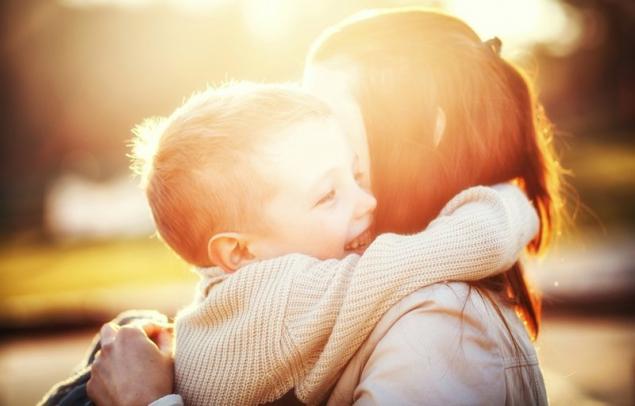
What should parents do if a child is missing? Repeat situations with your child when he or she is lost in a particular place to make sure that he or she remembers how to act. Never. Don't scare the kids with the police. In a critical situation, he will be confused and will not know who to turn to.
Talk to your child in advance that even if he gets lost, no adult will scold him. It can happen to anyone.
Instructions for parents
- Don't panic. Remember the exact time the child went missing. Remember what the child was wearing.
- More than 5 minutes of searching ask for help The police. In the case of young children, they are obliged to initiate investigations immediately.
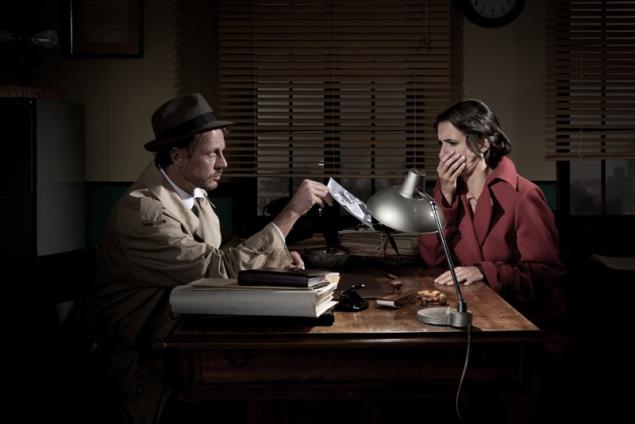
- In addition to the police, contact the media, mobile operator, volunteers. Write about the disappearance on social media.
- Involve as many people as possible in the search.
- If a teenager is missingImmediately start calling friends and relatives who may know about the plans of the child. Visit friends and family who may have had a child. Ask your friends and classmates about your teen’s plans and intentions.

Visit the gathering places of local youth, sports and playgrounds, garages, forest parks. Do not hide from the police information about your child’s suspicious friends, possible bad habits, and other issues. conflict. - Don't scold the child. For getting lost. Hug, kiss, you can cry. Don't show all the feelings you've had, it's superfluous. Show him, thank God it's okay. After a while, talk carefully about the subject. Ask your child, “Imagine if this happened to me?” If I were lost? What are you gonna do to make you feel? ?

What kids are leaving home? According to statistics, children leave families more often. And leaving for two reasons. First, this is how the child tries. draw attentionAvoid conflict or prove something to your parents.
The second reason is the excessive demands on the child. He is constantly told “you should”, “should be even better”, “even stronger”, “more intelligent”.
There are children for whom running away from home is a kind of way to get thrills, learn something new. If you run away once, you will run away again.

Parents are often neglected safety equipment for childrenNaively believing that this would not happen to them. Our children are the most precious thing we have. Do not neglect these rules, they will help protect a child of any age from the most common disasters.
All these tips can save your family and even save your children’s lives. However, for the first time sending children somewhere alone, tell them about safety carefully, do not overly intimidate them.
May our children never be lost! Do not forget to share useful information with other parents: this may save them from terrible trouble.


































